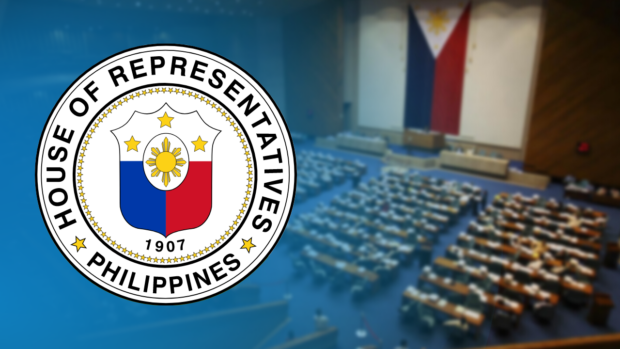House reps doubt DOTr denial of PUV shortage due to modernization
MANILA, Philippines — Several lawmakers have expressed doubt about the assurance of the Department of Transportation (DOTr) that the public utility vehicle (PUV) modernization would not result in a public transport shortage, noting that provinces have few alternatives.
The issue came up during the hearing of the House Committee on Transportation on the PUV modernization program.
Antipolo 2nd District Rep. Romeo Acop, who chairs the committee, and Bulacan 6th District Rep. Salvador Pleyto asked officials of the DOTr and Land Transportation Franchising and Regulatory Board (LTFRB) if they could assure the public of no PUV shortage if the mandatory franchise consolidation under the program pushes through.
The deadline for consolidation was originally set for Jan. 31, but the hearing was conducted hours before President Ferdinand Marcos Jr. issued a three-month extension.
In response to the lawmakers’ questions, several transport officials said yes — namely LTFRB Chairman Teofilo Guadiz III, board member Riza Paches, Transportation Assistant Secretary Jose Lim, Assistant Secretary Leonel de Velez, Undersecretary Reinier Yebra, and Undersecretary Anneli Lontoc.
Article continues after this advertisementFew alternatives in rural areas
Still, Abang Lingkod party-list Rep. Joseph Stephen Paduano expressed doubt as to whether they could make good on their promise. He pointed out that rural areas, such as his home region of Western Visayas, did not have many alternative public transportation alternatives as Metro Manila had.
Article continues after this advertisement“Now you are saying that there are other means of transportation, but the question, Mr. Chairman, is that it might be possible for NCR [National Capital Region, or Metro Manila], but this, for Region 6 [Western Visayas]?” Paduano asked.
Western Visayas, he noted, is composed of Bacolod, Iloilo, Panay Island, and Negros Island.
“The question is what are other means of transportation in the City of Bacolod that can assure us that there would be no shortage? Ordinary Bacolod residents won’t use Grab,” Paduano added.
In response, LTFRB Regional Director Richard Osmeña mentioned that buses from a leading local company, Ceres, could operate in areas like Bacolod, but he was quickly contradicted by Paduano who said that such buses were not allowed in Bacolod.
Osmeña agreed that the buses were not allowed in Bacolod — leading Paduano to question if the LTFRB official was really aware of the situation in Western Visayas.
“They are not allowed to ply in Bacolod City. You do not know that? What I am asking about is Bacolod City, but the regional director of LTFRB does not know that Ceres is not allowed in Bacolod City. Now what other means? Tricycle? There’s a local ordinance for tricycles, e-bikes? They cannot ply along the Lacson Road,” Paduano said.
“Don’t take [it] that I’m against the modernization. I do not have a problem with it. But what I’m saying is, to be practical about it, with regards to the implementation. There are no other means of transportation in Bacolod City, except for modernized jeepneys now and traditional ones. Oh, now DOTr, LTFRB, a while ago you said you could assure us. Now I’m talking about Bacolod City, you cannot assure us,” he added.
Other lawmakers, like Bulacan 2nd District Rep. Tina Pancho, noted that in her province drivers who had not joined cooperatives for the consolidation requirement feared that they would not be allowed to make trips after the deadline.
No phaseout
Hours after the hearing, House Speaker Ferdinand Martin Romualdez met with transport sector members, assuring drivers and operators that he would not want jeepneys to be phased out.
Romualdez said he would inform President Ferdinand Marcos Jr. about the complaints of the transport sector regarding the modernization program. But just hours after the meeting, Marcos announced a three-month extension to the consolidation deadline.
Transport groups rejoiced at the extension, but they maintained that the consolidation program would be disadvantageous to drivers since it would prevent individuals from owning their vehicles and controlling their income.
